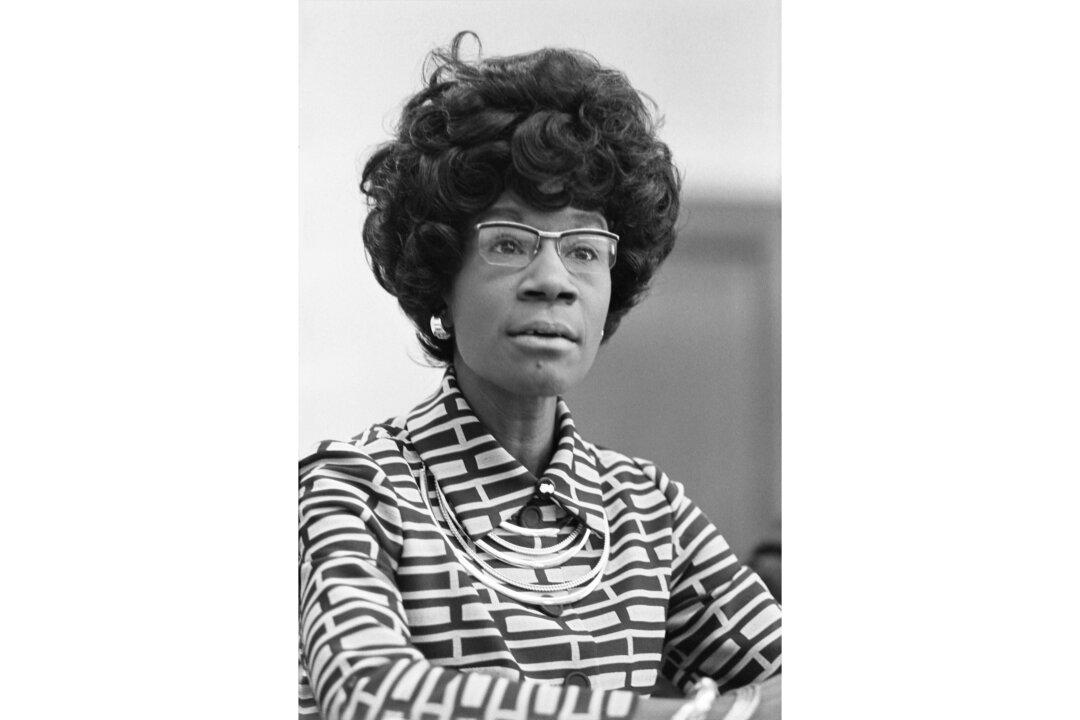PG-13 | 1h 57m | Drama, Biography, Politics, History | March 22, 2024 (USA)
The daughter of Guyanese and Bajan immigrant parents, Shirley Chisholm (born Shirley St. Hill) was the epitome of the American Dream. After growing up in Brooklyn, New York, and eventually becoming a teacher there, Chisholm defied all odds by getting elected to the House of Representatives for the 91st U.S. Congress in 1968.






